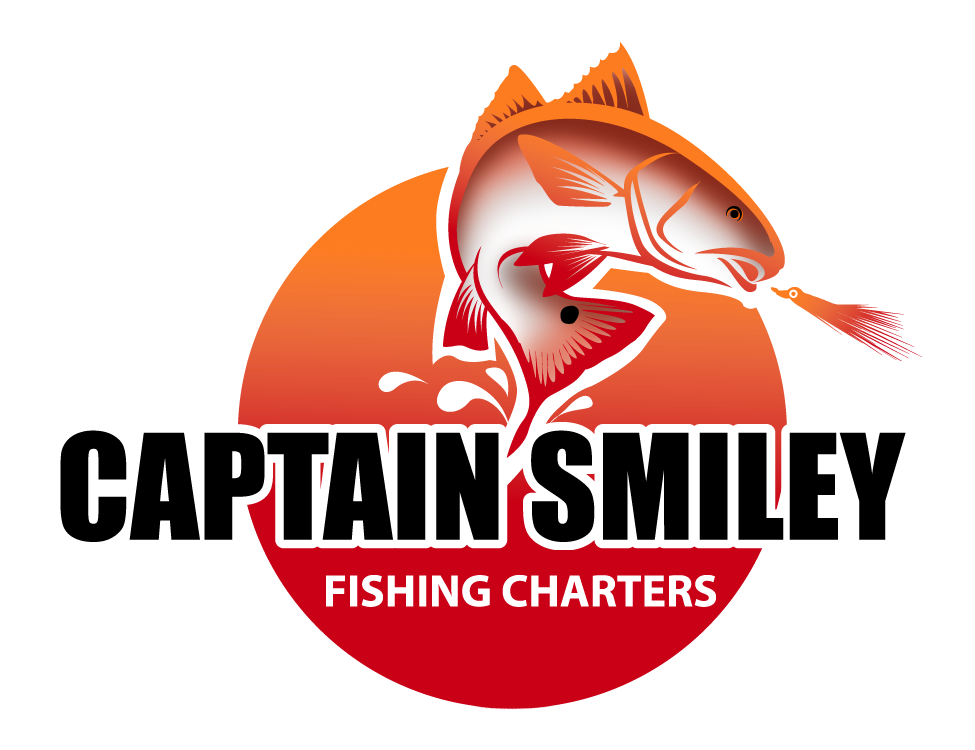 Is a fishing license necessary?
Is a fishing license necessary?
In the early days of the 19th Century, Americans didn’t require a license to fish in America. The fishing community simply took their rods and bait to the nearest water body and fished for trout, bass and walleye to their hearts’ content. There was no big government that required fishermen to pay for the natural right they have to fish.
This was back in the days when North Americans were not as numerous. Between 1492 and 1620, the native population fell by approximately 95 percent. Meanwhile, immigrants from the East were repopulating the continent.
Because of the vastness of North America, and the relative lack of people, its wildlife resources seemed limitless. As with all natural resources and human population, wildlife populations tend to decrease as well.
In the second half of the 19th century, the U.S. population grew rapidly. The U.S. Census Bureau had more than 50,000,000 people in the United States in 1880. The U.S. population grew by almost two-thirds in 30 years. It was estimated at more than 92,000,000 people in the 1910 census.
People moving to the United States in record numbers, and recreational fishing surpassing commercial fishing in terms of numbers of fish caught per head, Americans (or anyone else) didn’t fully grasp the concept behind wildlife management.
The public learned that wildlife will eventually disappear thanks to the forward-thinking of President Theodore Roosevelt, and other conservationists. Some states started requiring foreign visitors to purchase a fishing license. As the population grew, states started requiring that their residents also purchase licenses.
Although North American wildlife abundance was a concept that began to fall apart in the 20th century, it took longer for this idea to spread to the oceans.
Some coastal states required recreational fishermen to buy a marine or saltwater fishing license only later in the century. Many coastal fish species had been endangered by overfishing, both commercially and for sport.
How does issuing fishing licenses protect fish?
Fish populations are being protected
Although it may seem counterintuitive at first, issuing fishing licenses has been shown to help protect fish populations. The same goes for hunting. This protection starts when the angler pays the licensing fee. It ultimately benefits them through abundant fishing in Myrtle Beach.
Fishing regulations are generally established by states to limit the amount of fish that a person can catch or keep per day.
These limits are part of the information that comes with fishing licenses. This helps people to be educated about how to catch limits. Conscientious anglers have the right to report poachers – anyone who fishes or hunts beyond regulations and standards – if they are caught with larger than permitted hauls.
The federal and state wildlife officials can also use licenses to check anglers if they have valid fishing licenses. The wildlife departments reduce the risk of illegal fishing by allowing them to check for fishing licenses.
It makes sense that most people follow the rules, as state departments of natural resources offer licenses for reasonable fees (usually between $10 and $40), but impose heavy fines for violating regulations. These fines can range from hundreds to thousands of dollars.
While some anglers may think so, they are not alone in their beliefs. Based on data gathered from research funding fishing license fees, wildlife and natural resources departments determine size limits and schedule fishing seasons.
The majority of license fees go to state wildlife departments’ budgets, but it also funds wildlife research. Biologists, or in the case for fish, ichthyologists, can better understand how fish migrate, mating, and other behavior affects their ability to protect these species. Good fishing can be ensured for future generations.
Other management operations are also funded by the revenue from fishing license fees. To stabilize fish populations, most states have fish breeding grounds that are protected fisheries. Stocking public lakes is another option, which ensures anglers would enjoy charter fishing.
Fishing accessories can also be purchased to support conservation efforts, which ultimately lead to good fishing. The Federal Aid in Sport Fish Restoration Act was passed by the United States government in 1950.
This voluntary agreement between the federal and state governments encourages states and fish species to be protected and allows states and territories to levy additional taxes on fishing gear such as poles, tackle, and fish finders.
The federal government receives the money, which it then uses to offset up to 75 percent state costs for fish conservation and management programs. It has been a success and a boon for states: In 2008, FASFRA provided $398 million in grant funding.
Next time you feel annoyed about having to buy a fishing license or pay the fee, remember that licensing helps preserve fish populations and improves your chances of landing a fish.
Call Captain Smiley Fishing Charters LLC. now if you are interested in going fishing in Myrtle Beach.
Captain Smiley Fishing Charters LLC.
4495 Baker St
Little River, SC 29566
(843) 361-7445
https://www.captainsmileyfishingcharters.com
catch@captainsmileyfishingcharters.com

